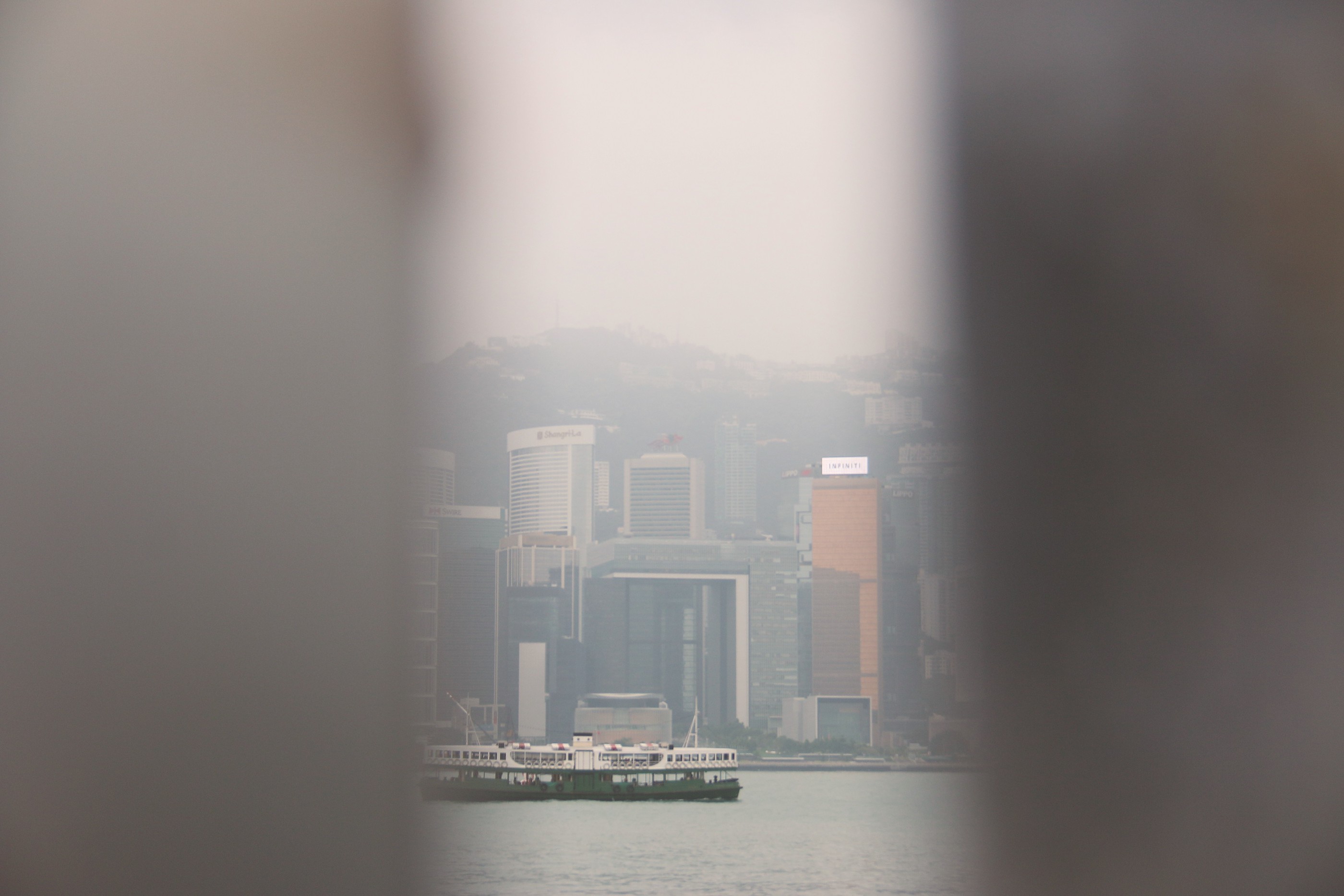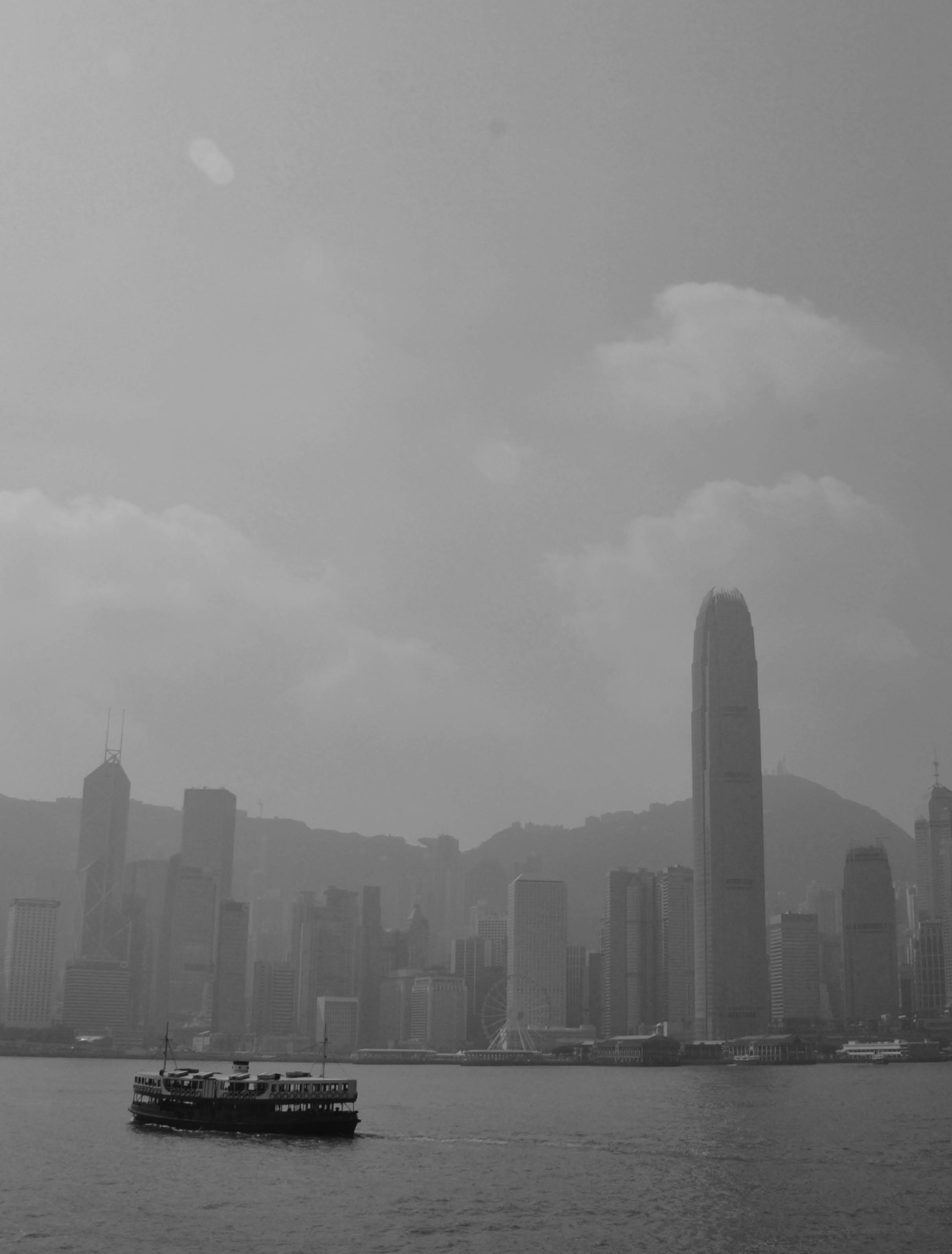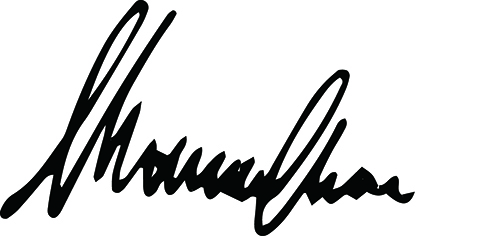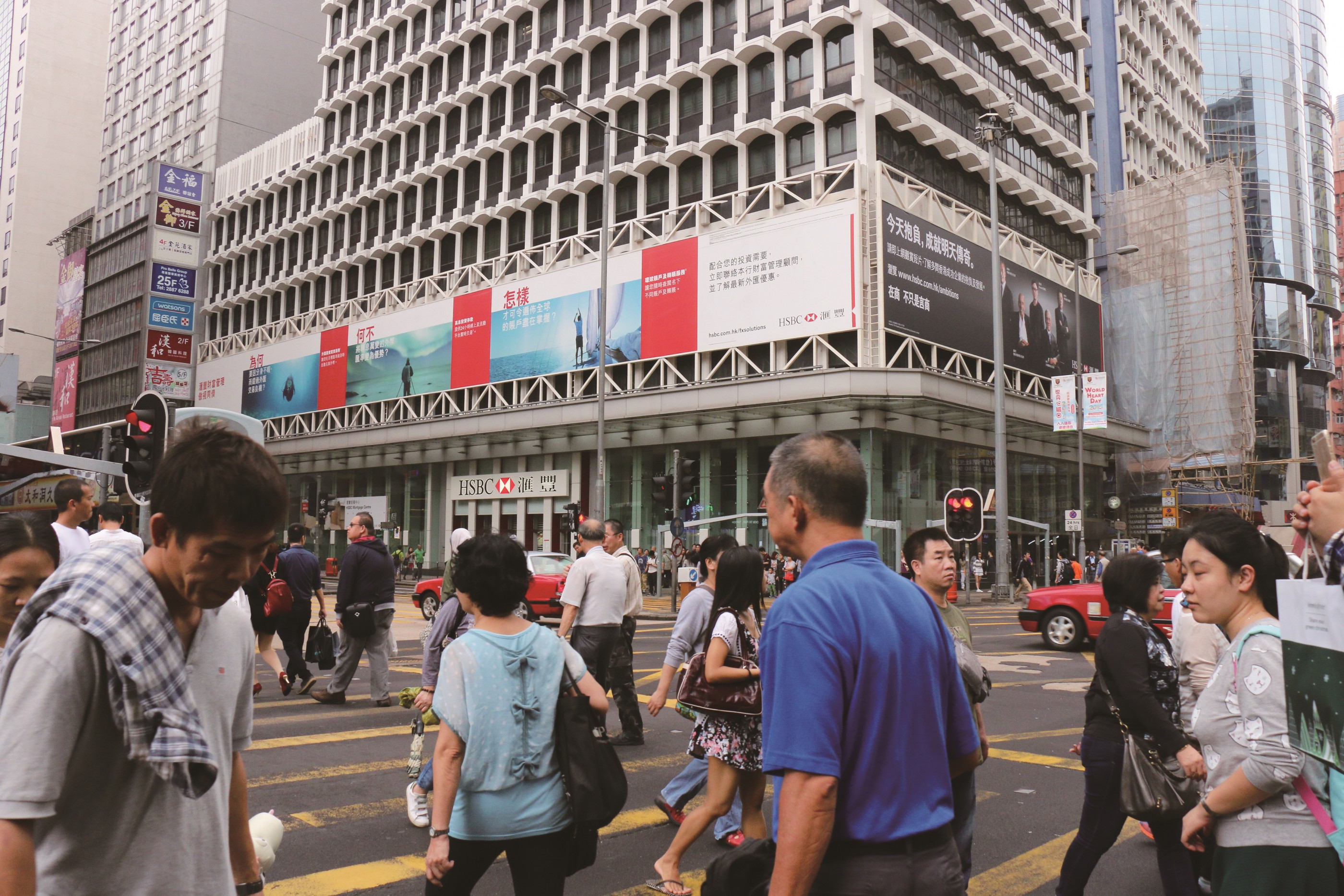The government’s preference for one-way communication and limited public consultation fuels transparency fears
By Joey Kwan & Tiffany Tsim
Journalists scramble to place their microphones and set up their cameras in the lobby of the Chief Executive’s Office where the Executive Council meets. They are waiting for the Chief Executive, Leung Chun-ying, to respond to pressing issues of the day. In the end, Leung walks away after answering just three questions, leaving the journalists to pack up and rush to the next assignment. For Hong Kong’s local news reporters, this happens all too often. 
In 2013, the Hong Kong Journalists Association (HKJA) counted the number of such media “stand-ups” and press conferences Leung had given in his first 11 months of office. They found he had done 94 stand-ups and given no personal press conferences. His predecessor, Donald Tsang Yam-kuen, gave 47 stand-ups but conducted two personal press conferences in the same time period. “Leung has the most stand-ups [among the three chief executives] and seldom holds press conferences,” says Sham Yee-lan, the chairperson of the HKJA. “He mainly responds through stand-ups before the Executive Council meetings, even for all controversial items.
Hong Kong prides itself on being a city with high transparency and a free flow of information, qualities that set it apart from cities in the Mainland. But increasingly, critics say various aspects of the city are becoming less transparent.
In terms of the media, the government’s selective dissemination of information has made journalists’ jobs harder. During the Occupy Movement last year, the Chief Executive gave just one Chinese interview to TVB and one English interview to ATV among the local news media. He did not respond to questions raised by other journalists waiting for him at the stand-up positions after each programme.
“Different media have different audiences and obviously [the government] treats the media very unfairly,” Sham says. “The media will ask all kinds of questions and perhaps these questions break the hearts of the officials [so they are unwilling to be interviewed].”
Instead of holding press conferences where they can be questioned about decisions, policies and actions, Sham observes that the members of the Leung administration tend to use blog posts to make announcements, state positions and float ideas. The HKJA Annual Report 2014 said that Financial Secretary John Tsang Chun-wah updated his blog every week between March and May 2014 and first reminded the public it should be aware of the budget deficit in his blog rather than through the media. During the Occupy Movement, his boss Leung did not hold any press conferences but gave three televised statements.
“Leung’s government gives out information only from their direction. They only hide and write their blogs to issue important policies,” says Sham. “It is a very bad way of distributing information.”

Phyllis Tsang Kam-man, who has worked as a journalist for more than 10 years, does not mind officials’ use of blogs and social media. However, she thinks it is important that they respond to the media on issues they raise online.
“Facebook and blogs cannot replace the role of the media because the media challenges and monitors the government through questioning,” she explains. “Talking in their own words on Facebook, blogs and websites is another thing.”
Tsang has witnessed increasing physical restrictions on journalists covering the government and Legislative Council. At the old Central Government Offices, she could walk freely between different wings and interview officials when they passed by. Later, the administration put up fences and beefed up security. Since the administration moved to the new Central Government Complex, journalists have to walk a long way from one press area to another and get few chances to interview officials as they get in and out of their cars.










































